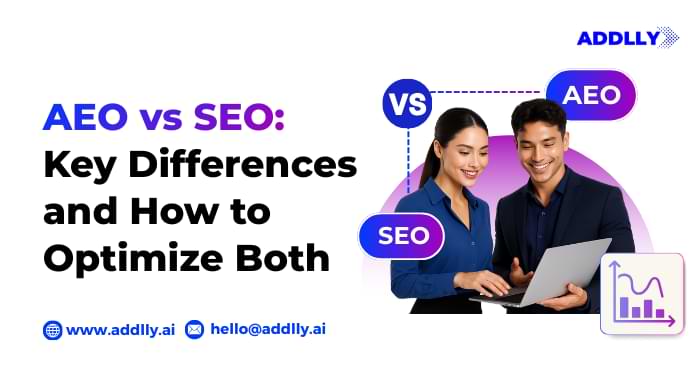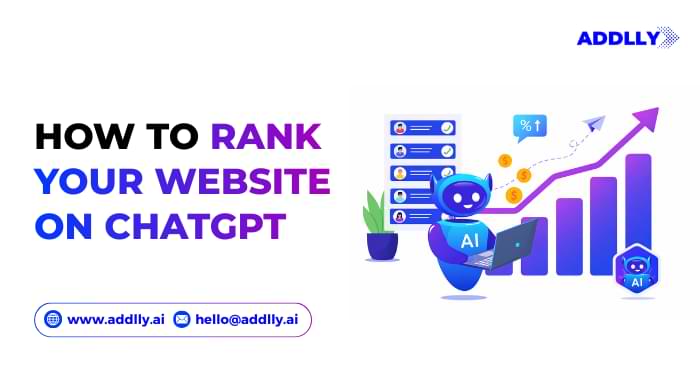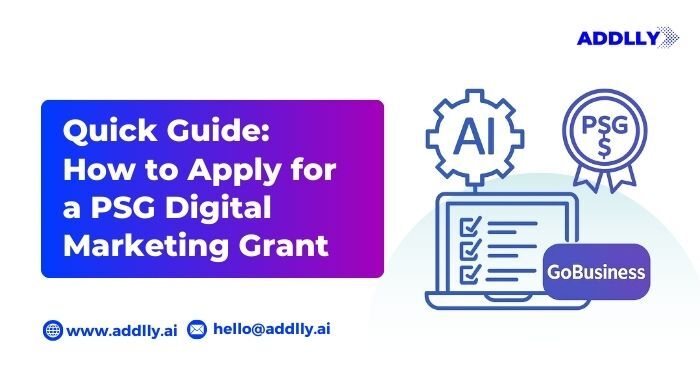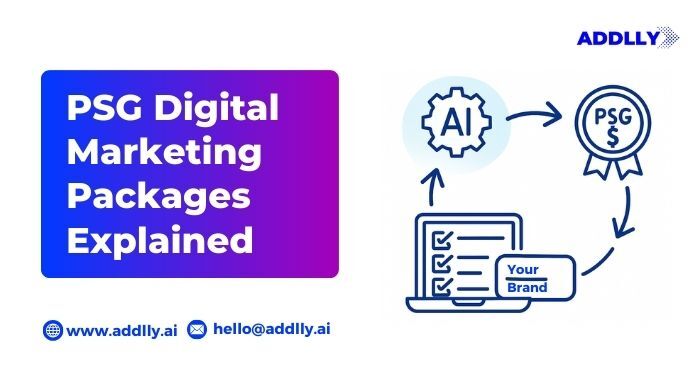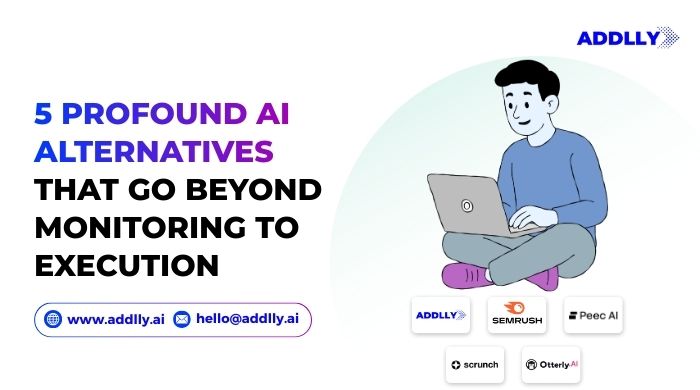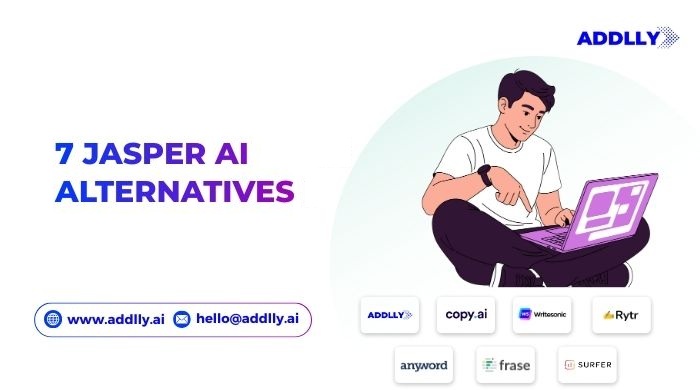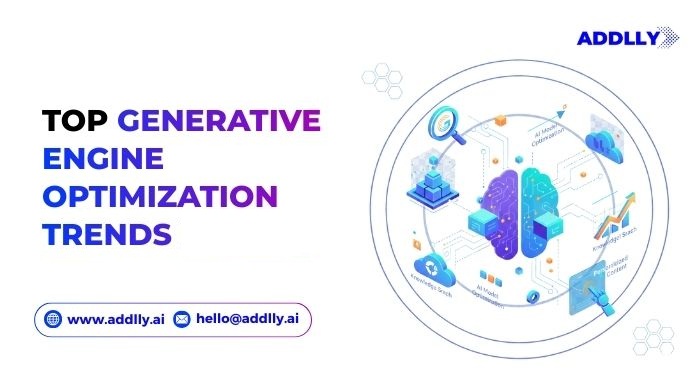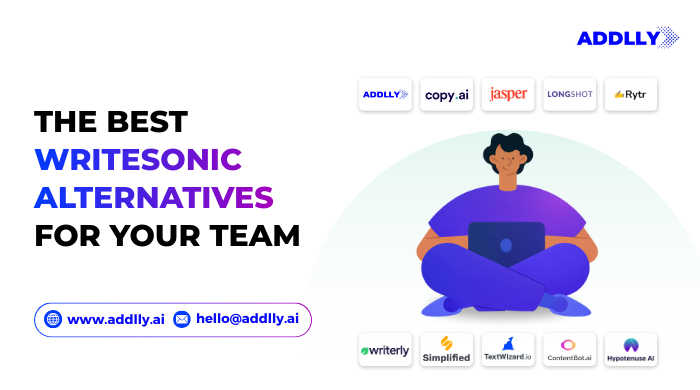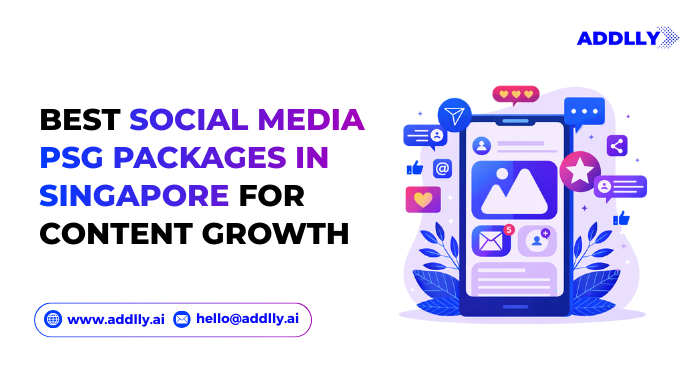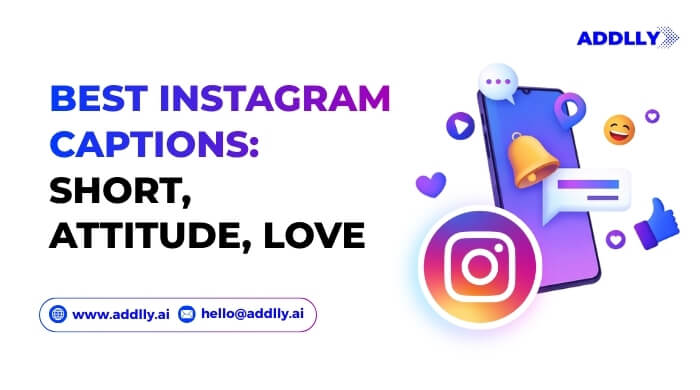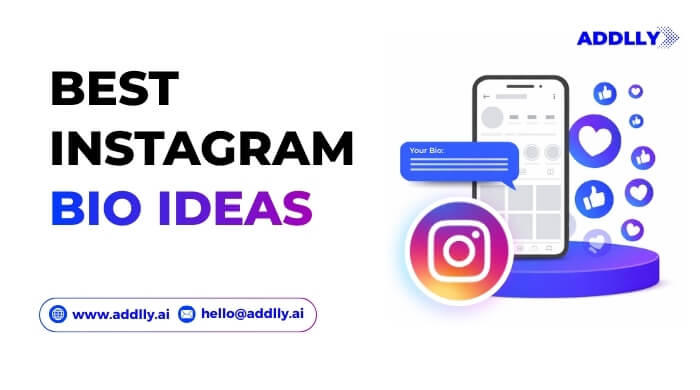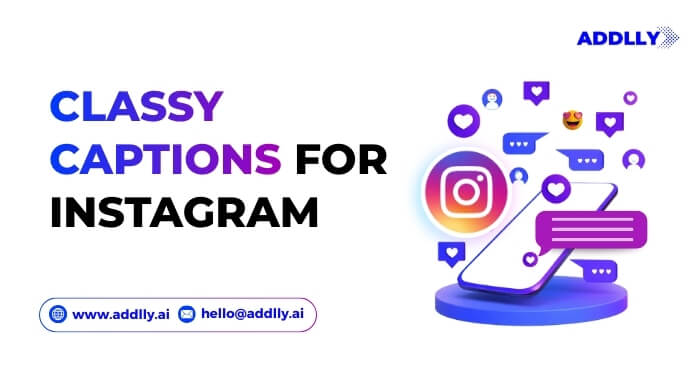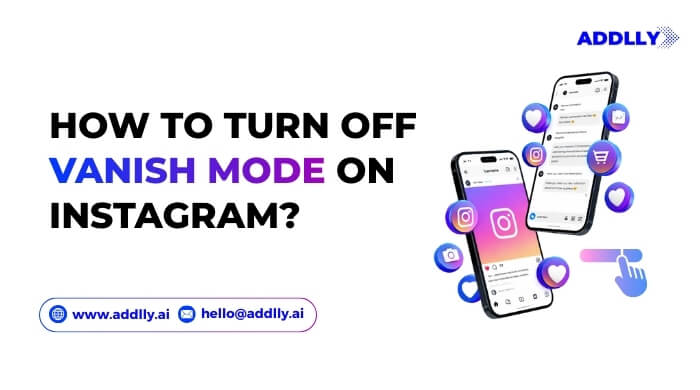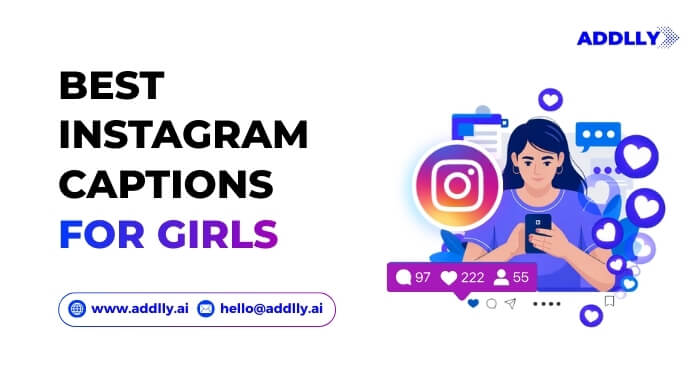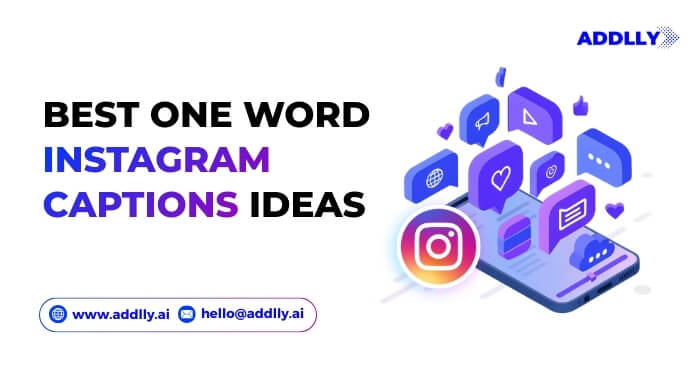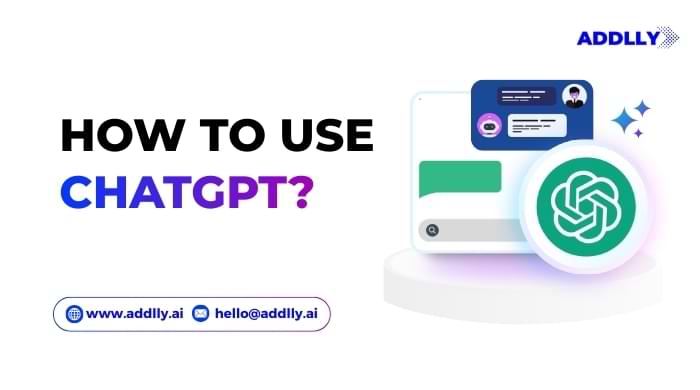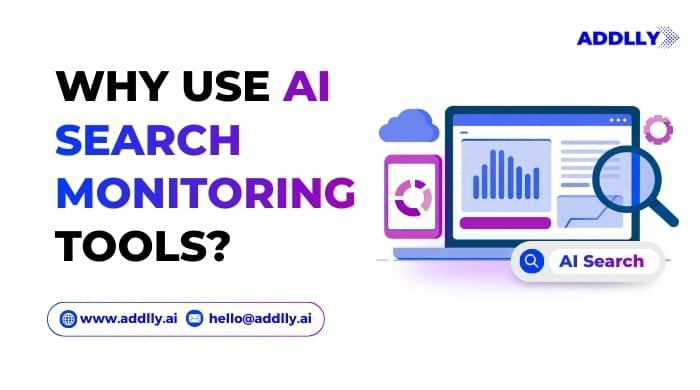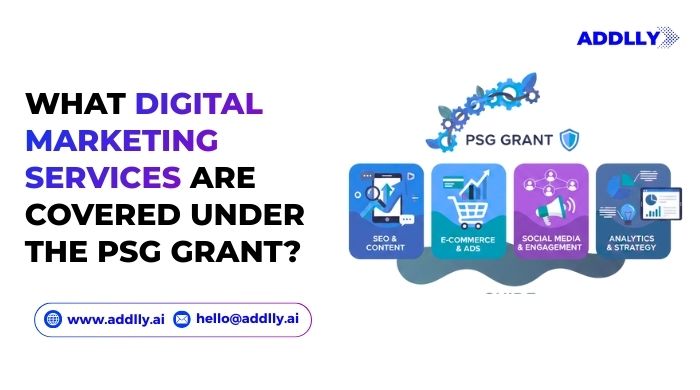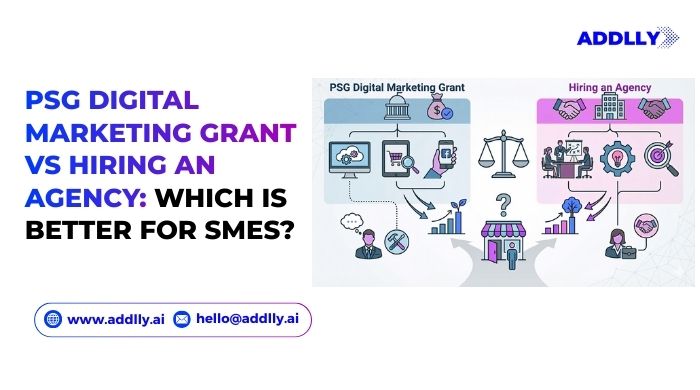Blog
Learn expert strategies and actionable tips on our blog to boost your content marketing, optimize your SEO, and enhance your social media presence with AI.
Search marketing is experiencing a dramatic transformation in recent years. More people are searching than ever before, yet organic website traffic continues to decline. The culprit? A fundamental shift from...
KPIs to track for GEO and AEO matter more today because the way people search has changed quietly but dramatically. Instead of scrolling through pages of results, users now ask...
Work today moves in constant motion. Tasks multiply, information expands, and decisions rarely follow a straight line. Learning how to build an AI agent has become a practical way to...
What if your website is ranking everywhere… but invisible inside AI answers? If you’re wondering how to rank your website on ChatGPT, the rules differ from traditional search engines. ChatGPT...
If your business is exploring the Productivity Solutions Grant (PSG) to improve digital marketing, finding the right pre-approved vendor is usually the hardest part. The PSG grant is straightforward, but...
If you run a small or medium business in Singapore, you have likely heard someone mention “PSG digital marketing” or asked yourself, what is a PSG digital marketing grant and...
If you run a Singapore SME, you’ve probably heard about the Productivity Solutions Grant (PSG). Many owners know it can cut costs, yet feel unsure about the steps, the portal,...
If you run a Singapore SME, you probably do not have a big marketing team, a large media budget, or time to brief agencies every week. At the same time,...
What if your ecommerce store could write its own product descriptions, answer customer questions instantly, predict demand, and personalize every visit? That possibility is no longer experimental. How to use...
AI search has quietly changed how brands get discovered. Answers now surface inside Google AI Overviews, ChatGPT, Perplexity, and other major AI engines, shaping what users see before they ever...
What happens when your AI writer generates content fast but your marketing team still spends hours fixing tone, SEO, and structure? Many teams using Copy.ai run into this gap. It...
What happens when your AI writer still needs a writer to fix it? That question is why so many teams start searching for Jasper AI alternatives. While Jasper helped popularize...
What if your brand never gets clicked, yet still wins the customer? Generative engine optimization trends are redefining how brands show up in search, not through rankings alone, but through...
If you are looking for best Writesonic alternatives, you likely need more than basic text generation. You need a platform that understands your brand and drives real visibility. Most modern...
Choosing the best social media PSG packages is becoming a priority for Singapore SMEs that want consistent online visibility without stretching their teams thin. Managing social media marketing, content creation,...
Choosing the best SEO PSG package in Singapore has become a strategic decision, not an operational one for most SMEs. In 2026, visibility is shaped not only by Google rankings...
Finding the best AI agents for business in 2026 can help companies streamline their work and improve outcomes. These AI tools use natural language processing, machine learning, and other AI...
Instagram captions are important to make your posts stand out. Whether you’re sharing moments with friends or highlighting special events, the right captions for Instagram can add personality to your...
Creating the perfect Instagram bio is the key to creating a memorable first impression on your Instagram profile. A well-thought-out bio not only tells your story but also encourages visitors...
Classy captions for Instagram are the perfect way to make your posts stand out in 2026. A great caption not only adds personality to your photos but also connects with...
Vanish Mode on Instagram lets users send temporary messages that disappear after the chat ends. But many users want to switch back to normal mode for message safety or comfort....
In 2026, finding the perfect Instagram captions for girls can be a game-changer for your social media presence. Whether you’re looking for the best, cute, or attitude-filled captions, we’ve got...
Looking for one word Instagram captions for your next Instagram post? You’re in the right place. This blog brings you the best and freshest one word Instagram captions to boost...
Welcome to the new era of digital discovery. If you are actively comparing GEO vs SEO, you likely know the game has changed forever. Google is no longer just a...
In 2026, ChatGPT isn’t just a chatbot, it’s an operating system for your work. If you want to master how to use ChatGPT, this ChatGPT 2026 Guide is for you....
The “Blue Link” era is fading fast. You might ask exactly why use AI search monitoring tools in this new digital landscape. The answer is simple. Your customers now use...
Most conversations about the PSG digital marketing grant start with funding percentages and eligibility rules. That is usually the wrong place to begin. The real question is simpler: What digital...
Choosing between the PSG digital marketing grant and hiring a digital marketing agency in Singapore is no longer a simple budget decision. For many SMEs, it is a question of...
For many SMEs in Singapore, the real question in 2026 is how much funding can you get from the PSG grant for digital marketing. Under the Productivity Solutions Grant (PSG)...
Is your brand invisible in the new era of search? You need a comprehensive geo audit checklist to secure your spot in AI engines like ChatGPT and Google AI Overviews....

